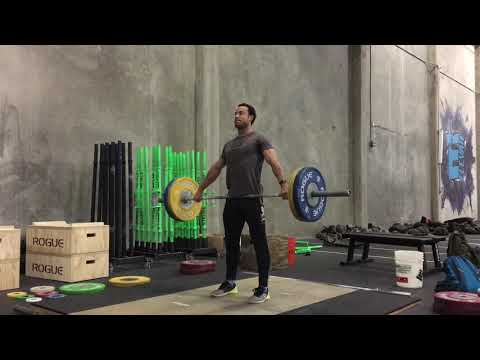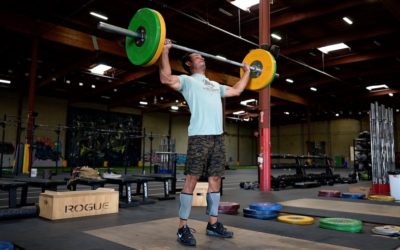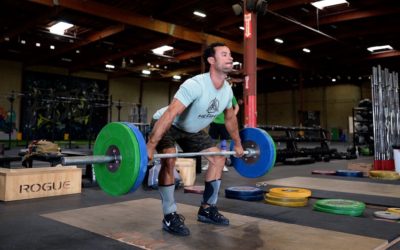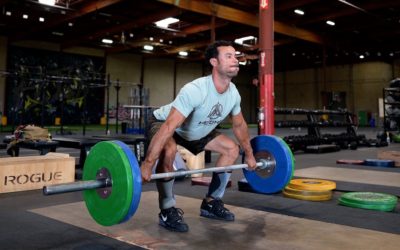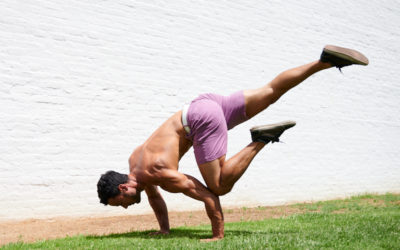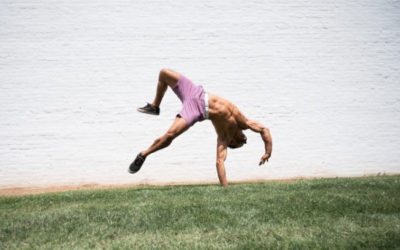The Power Snatch is an accessory exercise used to develop technical proficiency in the Snatch, as well as to to develop speed and quickness for sports. It is executed from a starting position with the bar and weights on the floor and accelerated with the strength of the legs in one motion upwards to a maximal velocity before using the arms to accurately pull underneath the barbell to a receiving position anywhere above a parallel squat. There are many variations of this exercise and several of the most common are linked below.
Variations:
- Power Snatch
- Hang Power Snatch (Below Knee)
- Hang Power Snatch (Above Knee)
- Hang Power Snatch (Upper Thigh)
- Dip Power Snatch
Points of Performance:
- Correct execution is imperative to illicit any of the positive training effects associated with these lifts
- Any variations starting from the hang should recreate the bar path from that point forward on the Power Snatch from the floor for maximum skill transfer.
- All upwards force is generated from the legs
- The arms act to pull your own bodymass down and underneath the barbell into the receiving position. The arms DO NOTÂ lift the bar.
- Any variation should be used for a specific purpose and can be combined in virtually any combination or number of repetitions to achieve the desired effect
Training Effects:
- Teaches the ability to forcefully accelerate the barbell upwards with legs
- Encourages a fast turnover due to the need to receive the bar higher and halt it’s downward momentum abruptly
- Trains for an increase in rate of force development from hang positions
- Develops strength in the chosen positions used for the lift
- Develops timing, coordination, consistency for increased movement quality
This list is by no means comprehensive. Any position off the floor (when lowered from a full deadlift to the hips) becomes a “Hang” Power Snatch and can be executed from any position between those demonstrated in this video.
When executing your lifts remember that the training effects are directly linked to the quality of your movement. In other words, incorrect Power Snatches will only make you good at doing incorrect movement and will eliminate most, if not all, of the positive benefits of the exercise.
For this reason I remind my lifters, especially newer lifters and those coming from a “high intensity” setting to disregard the descriptors Easy and Hard. When developing the Olympic lifts your goal should be to do the lifts correctly and the challenge should come through mental focus and practical application for years before technical mastery is achieved.
See also: Power Snatch, Hang Power Snatch (Below Knee), Hang Power Snatch (Above Knee), Hang Power Snatch (Upper Thigh), Dip Power Snatch
